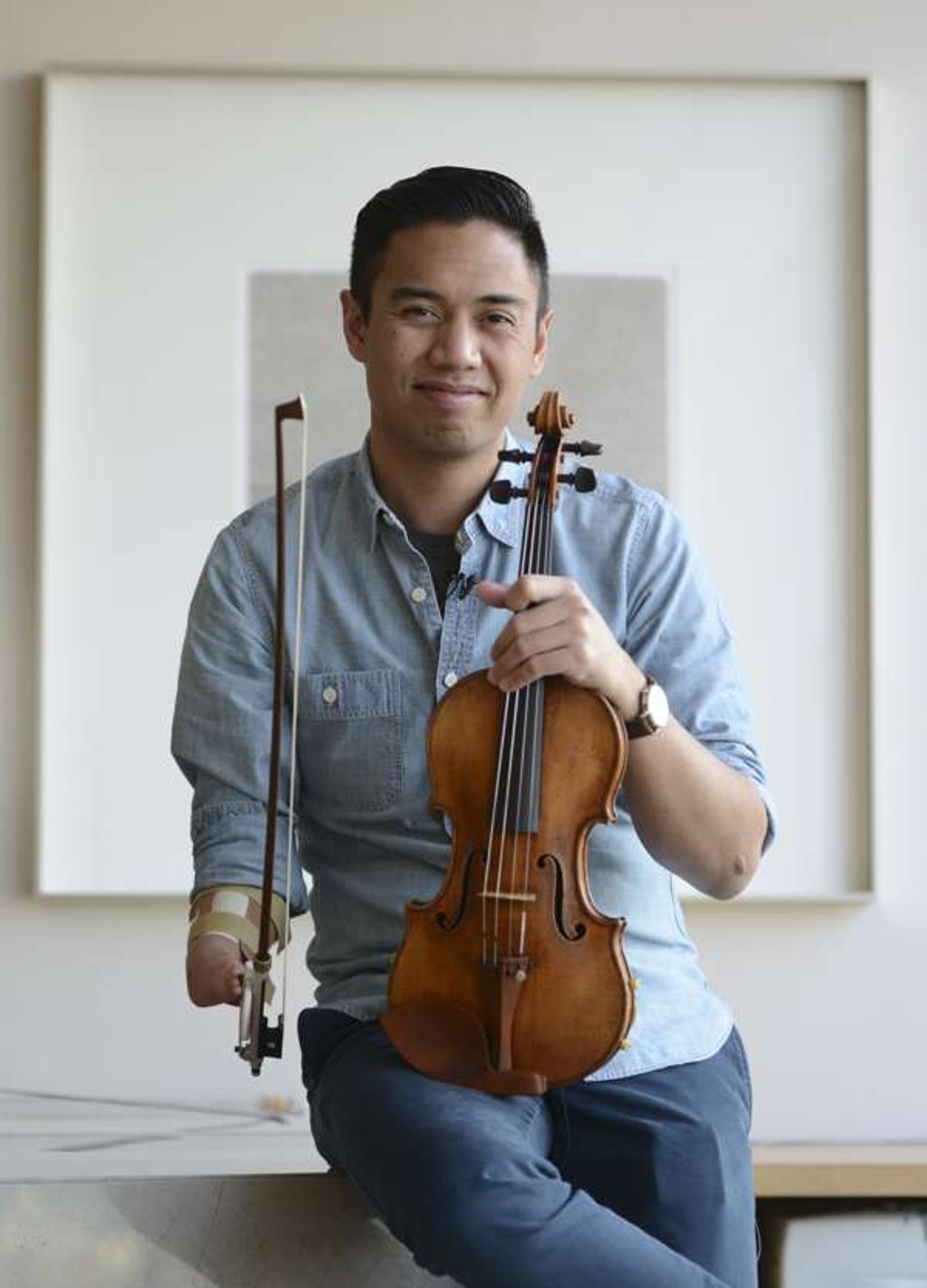Why a one-handed violinist refuses to let his disability stand in the way of his dreams
Adrian Anantawan was born with four fingers missing from his right hand, but the Toronto-raised musician of Thai-Chinese descent says disability is a challenge he has overcome with hard work, patience and the love of his family

BORN THIS WAY I was born in Ottawa [Canada, in 1983, with four fingers missing from his right hand] but soon after, my parents moved to Toronto as they thought that would have better resources for me. I grew up with two younger brothers in a loving family. My parents were role models of discipline and integrity. I was a very hard-working student, as I had a confidence issue when I was small – I was constantly trying to prove myself to others.
FIDDLER IN THE HOUSE I started playing the violin aged nine. At that time, all my classmates were trying to play the recorder. That wasn’t an instrument that I was able to adapt to because I am missing four fingers. The violin is special to me because my father played a long time ago – it’s also a very beautiful instrument, so we started there. I have a device called the spatula – essentially, it’s a plaster cast put together with some velcro. For the bow, a piece of aluminium wraps around the stick. When I play, all I have to do is move my elbow. I’ve always enjoyed practising and making music – I finally found myself no different from others.

MUSIC TO A MOTHER’S EARS My mother, who was originally from Hong Kong, has been extremely supportive, as all moms are with their children. She has this belief that I can be the best version of myself. I have spent a lot of time playing for her before competitions. She would be in her bed and she probably never wanted to hear the same piece of music over and over again but I would come by her room and play.
She was very attentive in listening and always gave good comments, even though she wasn’t a musician herself. She always has something good to say about the mentality of performing – to not be nervous, to play with the heart. The greatest critic I’ve had is myself. Being self-critical can be difficult but it’s a good thing because it allows you to become better, so long as you see your mistakes and challenges as opportunities for growing.